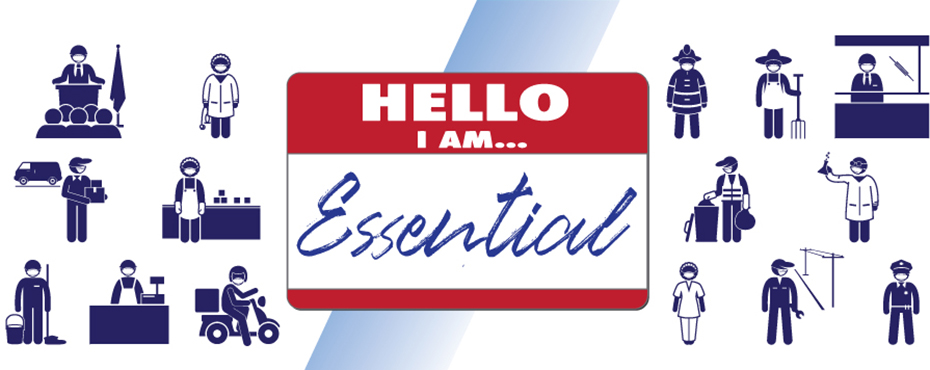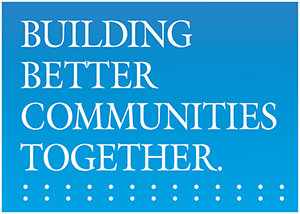ESSENTIALS for LOCAL GOVERNMENTS April 14, 2020
Katrina Washington and Maria Tamblyn

"In other words, local government and communities must continue essential operations and serve their communities no matter the circumstances."

Katrina Washington
As the COVID-19 pandemic rampages through society leaving utter devastation and economic instability, the very existence of many entities has been challenged. It has forced governments to reckon with a system of providing continuous operations and essentials, at a bare minimum, for the constituents they serve. The word “essential” has been broadly used, by everyone it seems, from media sources, healthcare professionals, academics, to politicians, and governmental entities. Most recently, we have heard the term in the context of COVID-19 relative to functions, activities, and “front-line” personnel.
Consider the nature, or the substance, of being termed “essential” (and the implications of the opposite) - inherent if you, your job, and your contributions have been identified as being essential. What does “essential” indicate? Perhaps “essential” is relative to the situation in which we find ourselves, and central to maintaining continuous operations at the local government level.

Maria Tamblyn
As society continues to navigate the intricacies of COVID-19, an enormous amount of attention and focus has been placed on local governments to continue to provide essential functions. These times have forced governments to identify what constitutes an “essential workforce” - and what doesn’t. As simplistic as the term “essential” seems, for some, it has manifested as a perplexing and complicated circumstance that can be difficult to delineate.
On March 28th, 2020, the Director of Cybersecurity and Infrastructure Security Agency (CISA) issued a memorandum for guidance on the identification of an essential critical infrastructure workforce. In collaboration with other agencies, CISA officials generated an advisory list to be used as a basis for local governments to determine essential jobs.
It is important to recognize that as circumstances evolve, the nature of issues will likely dictate the identification of “essential workforce”. Although this is certainly determined within the local governmental entities based on the needs of and commitments to their employees and citizenry, there are certain categories that should be deemed as, or constitute “critical”, in order to alleviate and mitigate sickness, poverty, and chaos.
In other words, local government and communities must continue essential operations and serve their communities no matter the circumstances. Essential operations may include, but are not limited to:
- Executive governance (the mayor, city manager, or their designee, who is in charge and has the authority to make executive decisions and enact policies)
- Healthcare
- Fire and police protection
- Provision of clean water
- Basic sanitation, including sewage and garbage removal
- Maintenance of communication infrastructure (e.g., telephone system, radio, internet)
- Provision and maintenance of utilities (e.g., gas, water, and electricity)
- Provision of food and other essential goods
- Transportation
- Road maintenance/repair
- Banking and financial matters
- Payroll and personnel functions
- Tax collection
With these essential functions in place, performed and supported by people in jobs that are identified as essential, local governments can ensure continuous operation.
Reference:
https://www.cisa.gov/publication/guidance-essential-critical-infrastructure-workforce
The HR Consulting division of the Government & Economic Development Institute (GEDI) at Auburn University invites you to participate in future topics and discussions by submitting comments, questions, and issues that your local government would like to have addressed, to mariatamblyn@auburn.edu.
ABOUT GEDI: As a part of University Outreach, the Government and Economic Development Institute's mission is promoting effective government policy and management, civic engagement, economic prosperity, and improved quality of life for the State of Alabama and its communities.
Katrina Washington is a Human Resources Consultant with Auburn University’s Government and Economic Development Institute. She is currently pursuing a Ph.D. in Adult Education at Auburn University. She can be reached at (334) 844-4735 or ktw0019@auburn.edu.
Maria Tamblyn serves as manager of GEDI’s HR Consulting division. She can be reached at (334) 844-4899 or mariatamblyn@auburn.edu.
Last Updated: March 21, 2022

